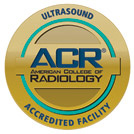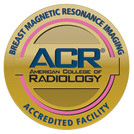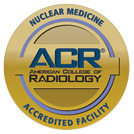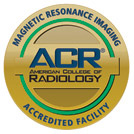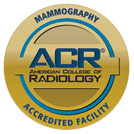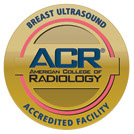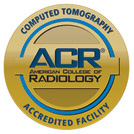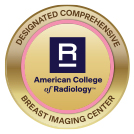When women have their annual mammogram – a common breast imaging procedure – abnormalities may be detected that require further examination. Yearly mammograms are recommended for women over age 40, in order to identify potential pathology at the earliest stage. If an irregularity is found during a mammogram, a procedure called a stereotactic breast biopsy may further determine whether or not it is benign.
What Is a Stereotactic Breast Biopsy?
Stereotactic breast biopsy involves the removal of breast tissue for closer examination by a pathologist. It is mildly invasive, leaving little to no scarring compared to a surgical breast biopsy. A hollow needle is image-guided to the suspicious area, where a small sample of the tissue in question is extracted, rather than removing the whole lesion.
Who Should Have This Procedure?
When a mammogram shows a breast abnormality, a stereotactic breast biopsy may be performed. If the results show cancer cells, this information can be used for planning treatment. Common breast abnormalities that can be assessed with a stereotactic breast biopsy include:
- A suspicious mass
- Tiny clusters of small calcium deposits
- A distortion in the structure of the breast tissue
- Abnormal tissue change
What You Can Expect
Unlike other medical tests, there are no dietary restrictions before having a stereotactic breast biopsy; however aspirin or blood thinning medications should be restricted for approximately five days. Women should not wear deodorant, powder or lotion to the exam, as they can be mistaken for a breast abnormality or interfere with the test results. Tell the radiologist if you are pregnant and report any allergies to the medical staff, especially one to anesthesia.
If you’ve had a traditional mammogram before, the equipment used during a stereotactic breast biopsy may look very similar. The patient lies face down on the exam table while the breast tissue sample is collected and images are taken for close analysis by our radiologists.
Does a stereotactic breast biopsy sound like the right procedure for you? Contact us to make an appointment today!





